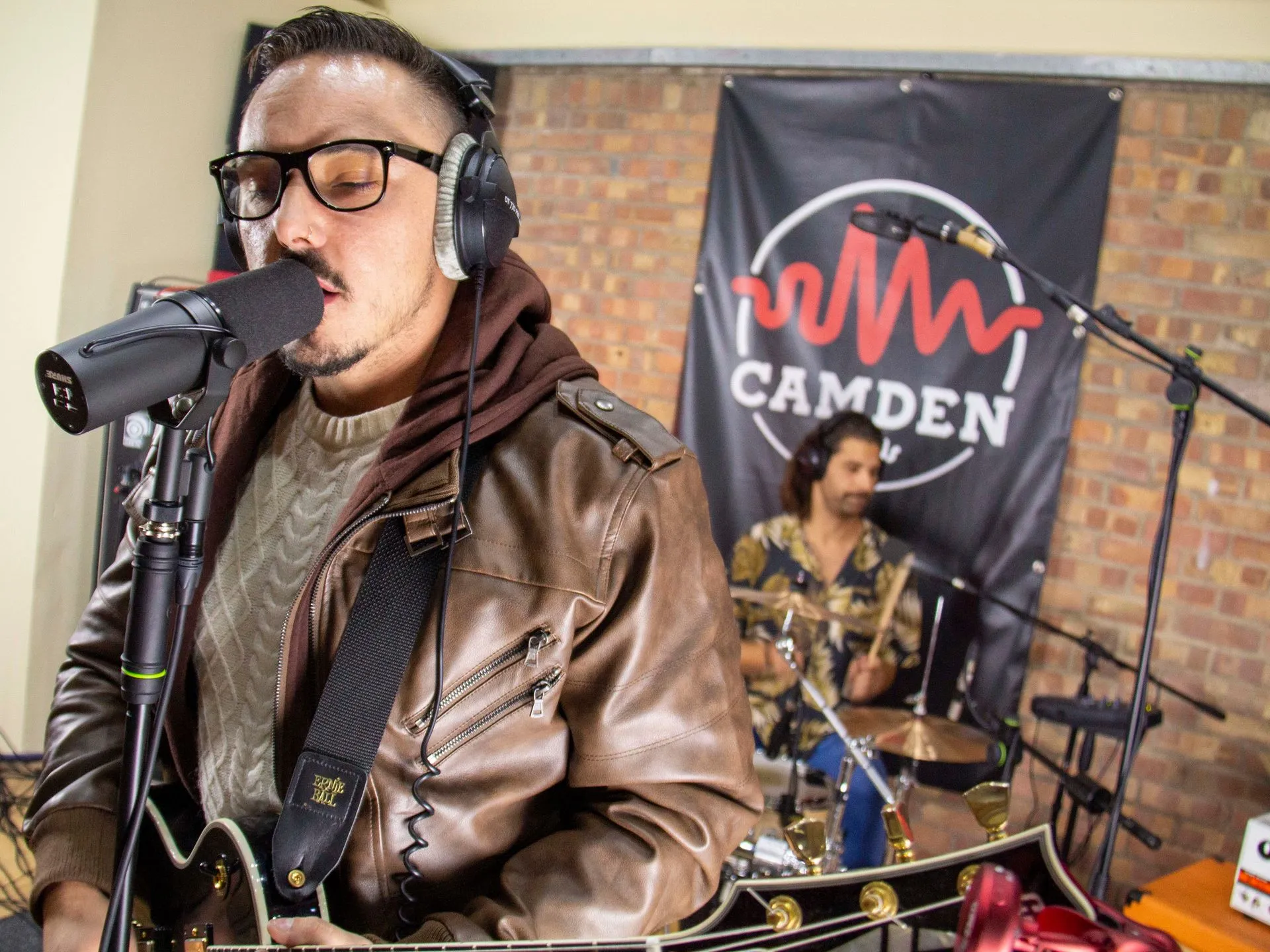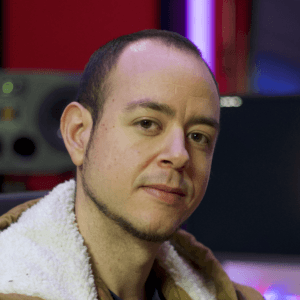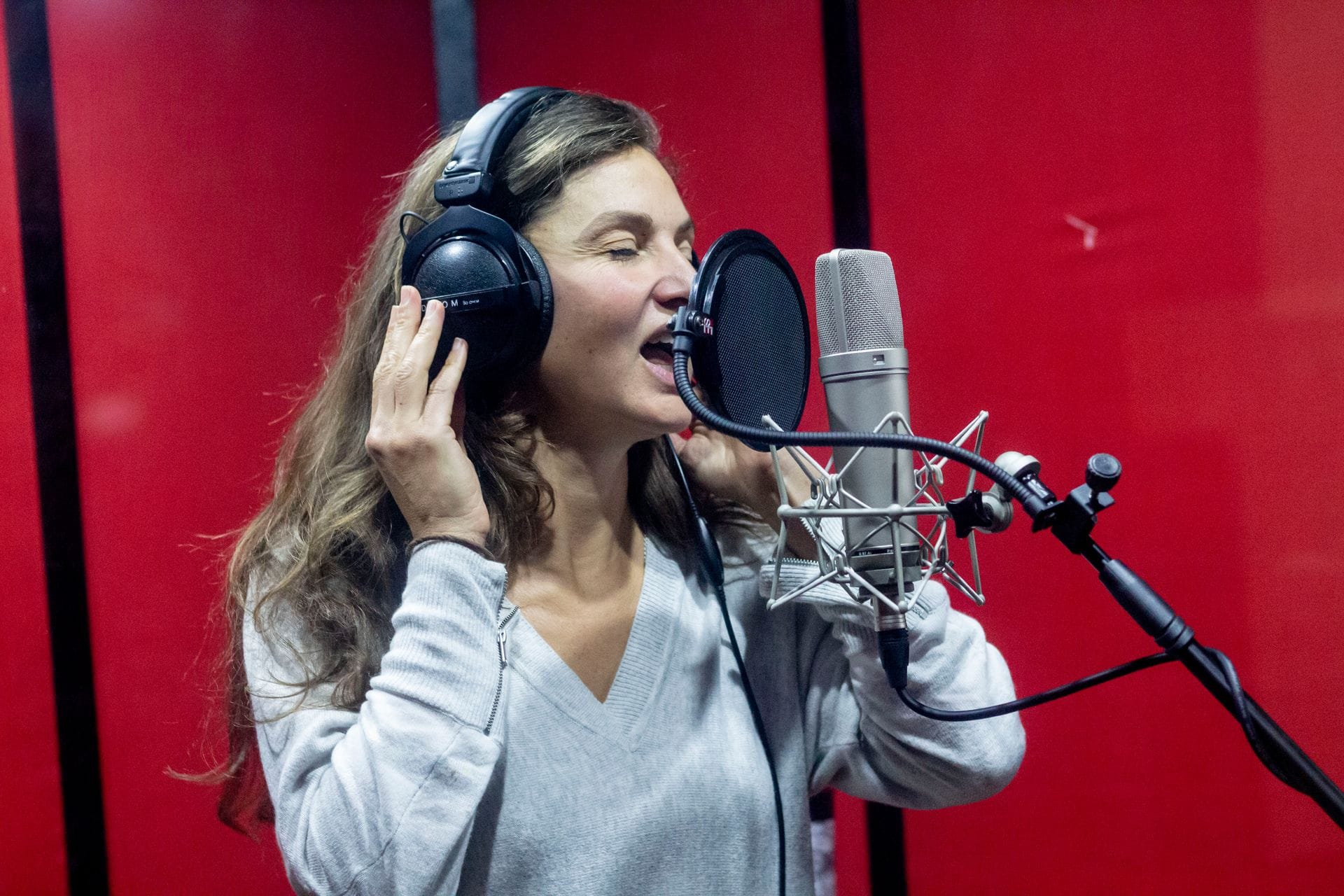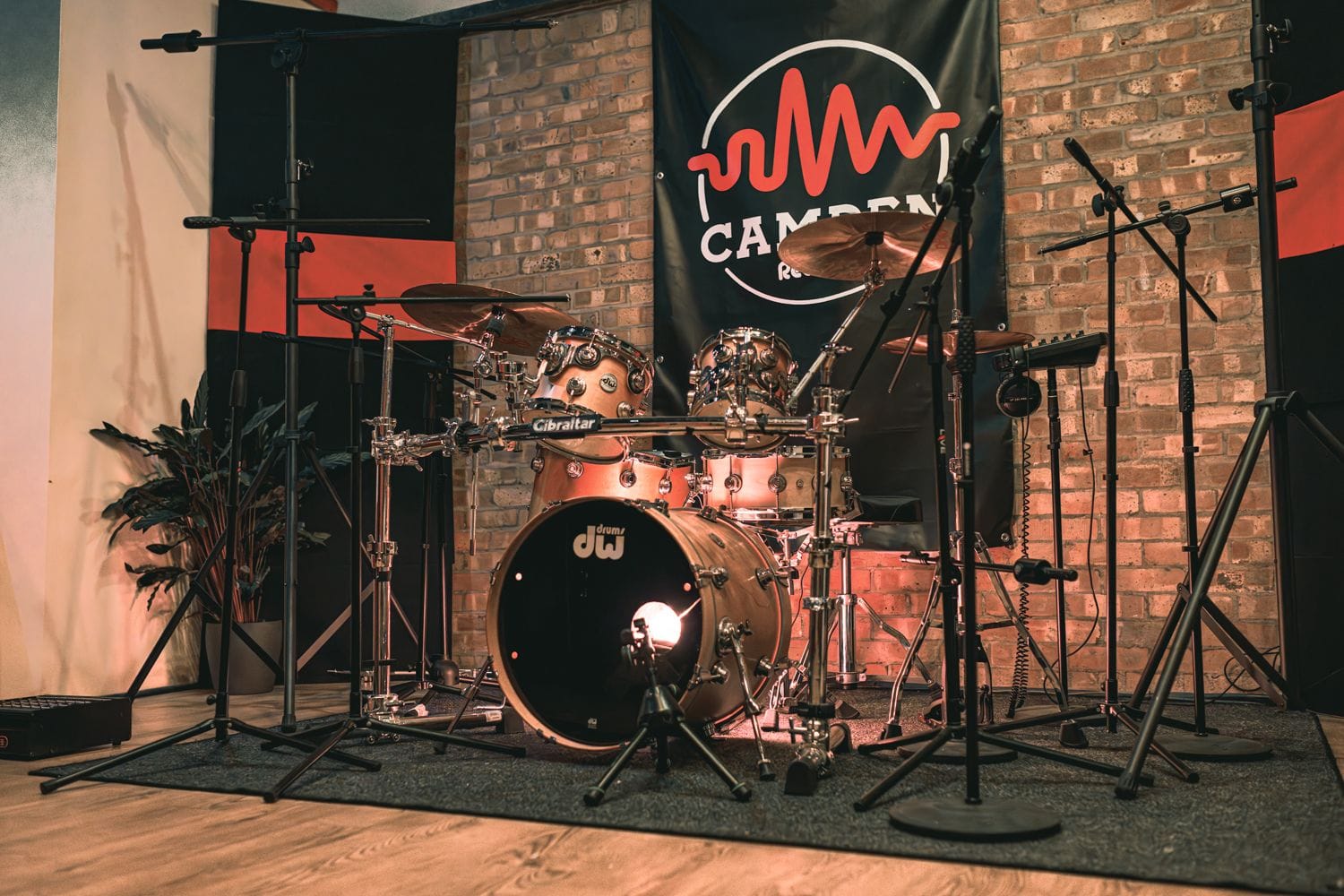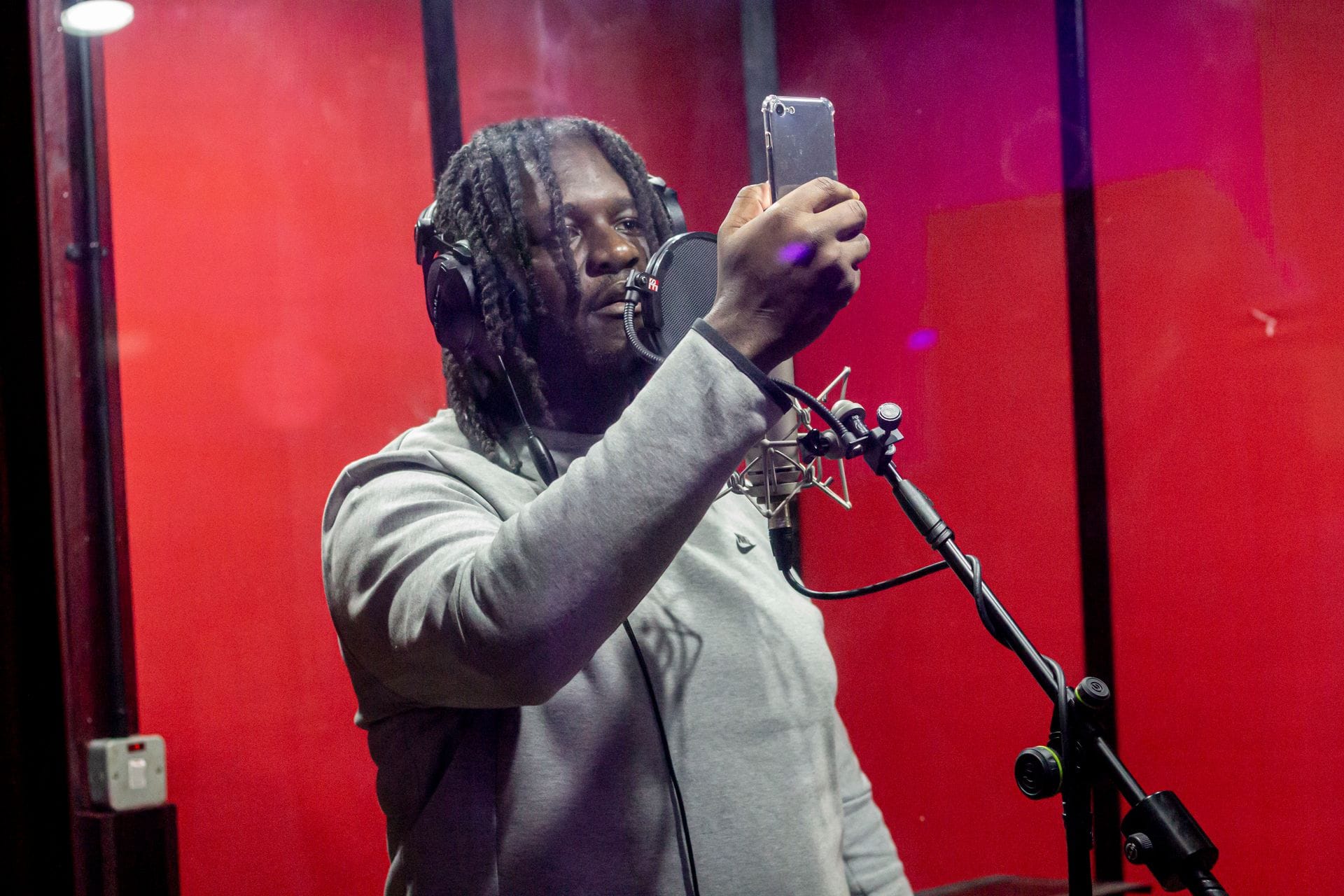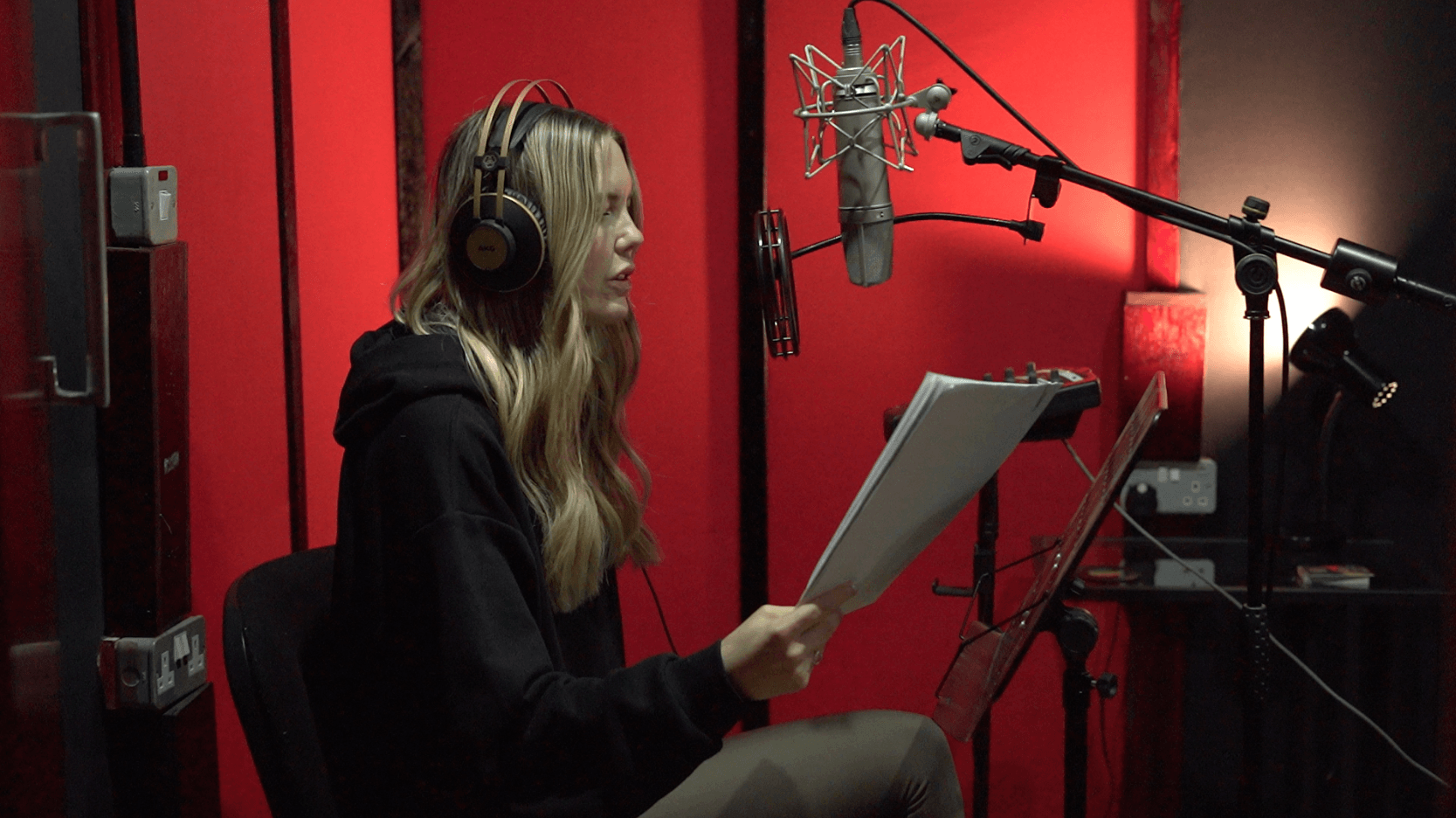The Team Behind a Recording Studio Session
When stepping into a recording studio, you’re entering a realm where creativity meets technical precision. Various professionals collaborate to bring music to life, each playing a vital role in the production process. Let’s explore the key roles found in a recording studio session.
The Artist
The artist is at the heart of the recording process. Whether they are a solo performer or a band, the artist brings the creative vision that everyone else works to support. Their talent, style, and expression are what ultimately define the project.
The Producer
The producer is the creative mastermind behind a project. They oversee the entire recording process, from song selection to the final mix. Producers work closely with artists to shape their sound and ensure that the vision of the project is realised. They make critical decisions on arrangements, vocal performances, and instrumental additions.
The Audio Engineer
Audio engineers are the technical wizards of the studio, playing a crucial role in the recording process. They are responsible for handling all the recording equipment, meticulously managing sound levels, and ensuring the highest quality of audio output. This role involves a range of tasks such as setting up microphones to capture the best sound, operating the mixing console to balance the various audio elements, and using sophisticated software to edit and mix tracks.
The Assistant Engineer
Assistant engineers support the main audio engineer by setting up equipment, managing session logistics, and handling routine tasks. This role is often a stepping stone for those looking to become full-fledged audio engineers. Assistant engineers gain valuable experience and learn the intricacies of studio work.
The Session Musician
Session musicians are hired to play instruments during a recording session. They are often brought in for their expertise and versatility. Whether it’s a complex guitar solo, powerful drums or a subtle keyboard part, session musicians add the necessary musical elements that an artist or band might not be able to perform themselves.
The Songwriter
Songwriters create the musical compositions and lyrics that form the foundation of the recording. While some artists write their own material, many projects involve songwriters who specialise in crafting hit songs. Their ability to write compelling lyrics and melodies is essential to the success of many recordings.
The Vocal Coach
Vocal coaches work with singers to improve their performance in the studio. They provide guidance on techniques, diction, and emotional delivery. A vocal coach’s expertise helps artists achieve their best possible vocal performance, contributing to the overall quality of the recording.
The Studio Manager
Behind the scenes, studio managers keep the facility running smoothly. They handle bookings, manage budgets, and coordinate between artists and staff. A studio manager’s organisational skills ensure that the creative and technical teams can focus on their work without logistical interruptions.
In conclusion, a recording studio is a hub of collaboration, where each role is crucial to producing high-quality music. Some talented engineers will also take on additional roles such as producer, session musician, and vocal coach for certain projects, leveraging their diverse skills to enhance the overall production quality. Understanding these roles can give you a greater appreciation of the intricate work that goes into every track you hear.
